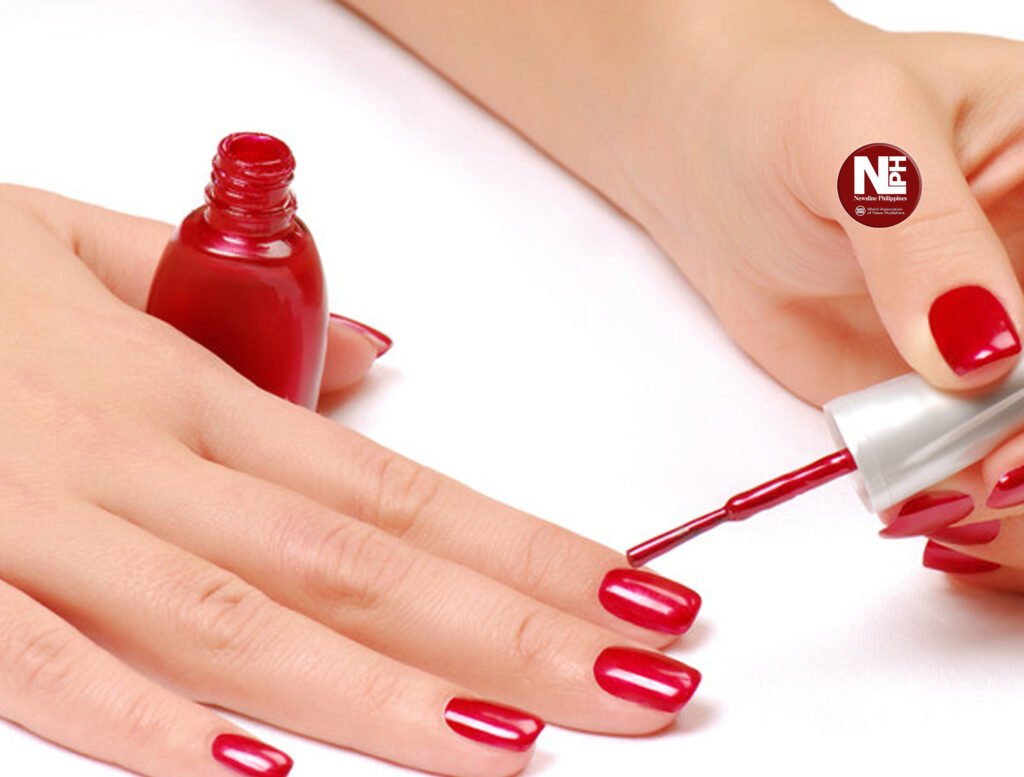
EUROPE (September 4) – Health authorities across the European Union have banned the use of trimethylbenzoyl diphenylphosphine oxide (TPO), a chemical commonly found in gel nail polish, citing potential health risks including long-term fertility issues. The ban took effect on September 1 and applies to all 27 EU member states, as well as countries that follow EU regulations, such as Norway.
TPO acts as a photoinitiator, helping gel polish harden under ultraviolet light and giving manicures their glossy, long-lasting finish. Despite its popularity in the cosmetic industry, studies have raised concerns that prolonged exposure could disrupt hormones and potentially harm reproductive health.
As part of the new rules, nail salons must stop using TPO-based products immediately and safely dispose of their current stock. Manufacturers are also required to reformulate their products without the chemical before they can be sold within the EU market.
The move, however, has sparked mixed reactions. Supporters say the ban is a vital precaution, especially amid growing evidence that chemicals in cosmetics can act as endocrine disruptors—compounds linked to fertility problems, cancers, and conditions such as endometriosis. Global cases of endometriosis, a painful disorder that can lead to infertility, have risen sharply in recent decades, and some experts suggest environmental factors, including cosmetic ingredients, may play a role.
Critics, on the other hand, argue that the decision was made without sufficient scientific proof. Industry groups and retailers warn that the ban could cause serious financial losses, especially for small businesses that rely heavily on gel nail products. They claim there is no direct human evidence proving TPO poses a danger, and some have appealed to regulators to reconsider.
In the UK, TPO remains legal for use in cosmetics, although insiders predict a similar ban could be introduced by 2026. The United States has not yet taken action, but experts note that the ruling could still affect the American beauty industry if salons import supplies from Europe.
While the debate continues, scientists emphasize the importance of further research into how everyday cosmetic products may impact long-term health. Until then, EU regulators maintain that protecting public safety must take priority over market concerns.

